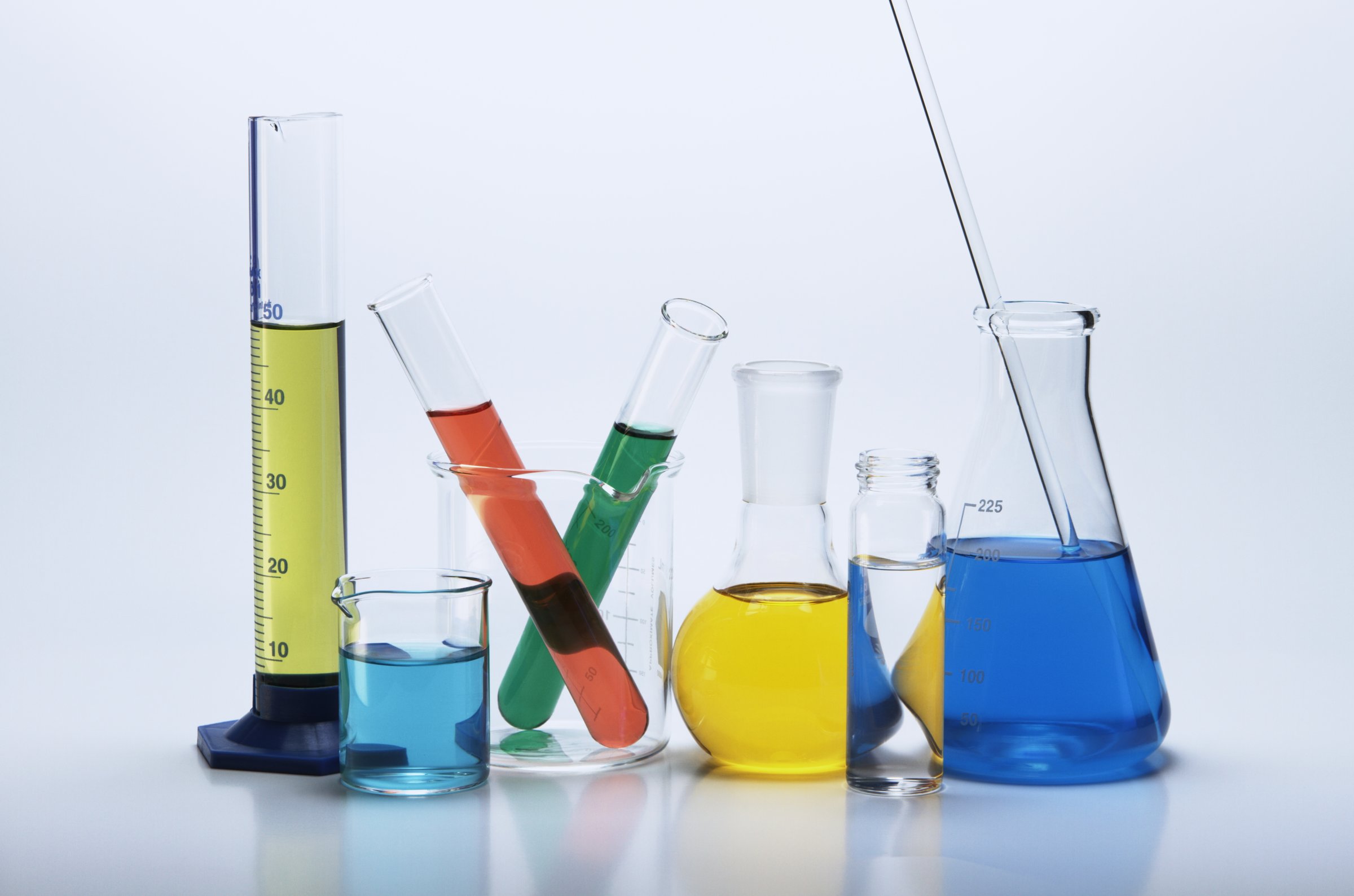
Regular Americans and their scientist counterparts think much differently about science-related issues, according to a new pair of surveys.
The Pew Research Center, in collaboration with the American Association for the Advancement of Science, asked 5,750 American citizens and scientists their opinions on a series of scientific topics. They found striking gaps between the two groups, particularly on issues related to biomedical science.
Food is a major source of friction for the both camps. A full 57% of Americans think that consuming genetically modified foods is unsafe, but 88% of scientists say GMO foods are safe to eat. Pesticide use is another contentious issue: 68% of scientists think it’s safe to eat foods grown with pesticides, while only 28% of lay Americans agree.
When it comes to using animals in research, 89% of scientists give the practice the green light, but only 47% of Americans are ok with it—and 50% of Americans are against the use of animals in research. Non-scientist Americans were also far less likely to believe in evolution than scientists.
On eight of the 13 topics, researchers saw at least a 20-percentage point gap in opinion between Americans and scientists. That’s a troubling statistic, scientists say. According to the survey, 84% of them believe the public’s lack of knowledge about the field is a major problem.
Scientists and non-scientists agree on at least one topic, however: neither group thinks that science, technology, engineering and math education in American elementary and high schools is performing well enough when compared to programs across the globe.
More Must-Reads from TIME
- Donald Trump Is TIME's 2024 Person of the Year
- Why We Chose Trump as Person of the Year
- Is Intermittent Fasting Good or Bad for You?
- The 100 Must-Read Books of 2024
- The 20 Best Christmas TV Episodes
- Column: If Optimism Feels Ridiculous Now, Try Hope
- The Future of Climate Action Is Trade Policy
- Merle Bombardieri Is Helping People Make the Baby Decision
Contact us at letters@time.com